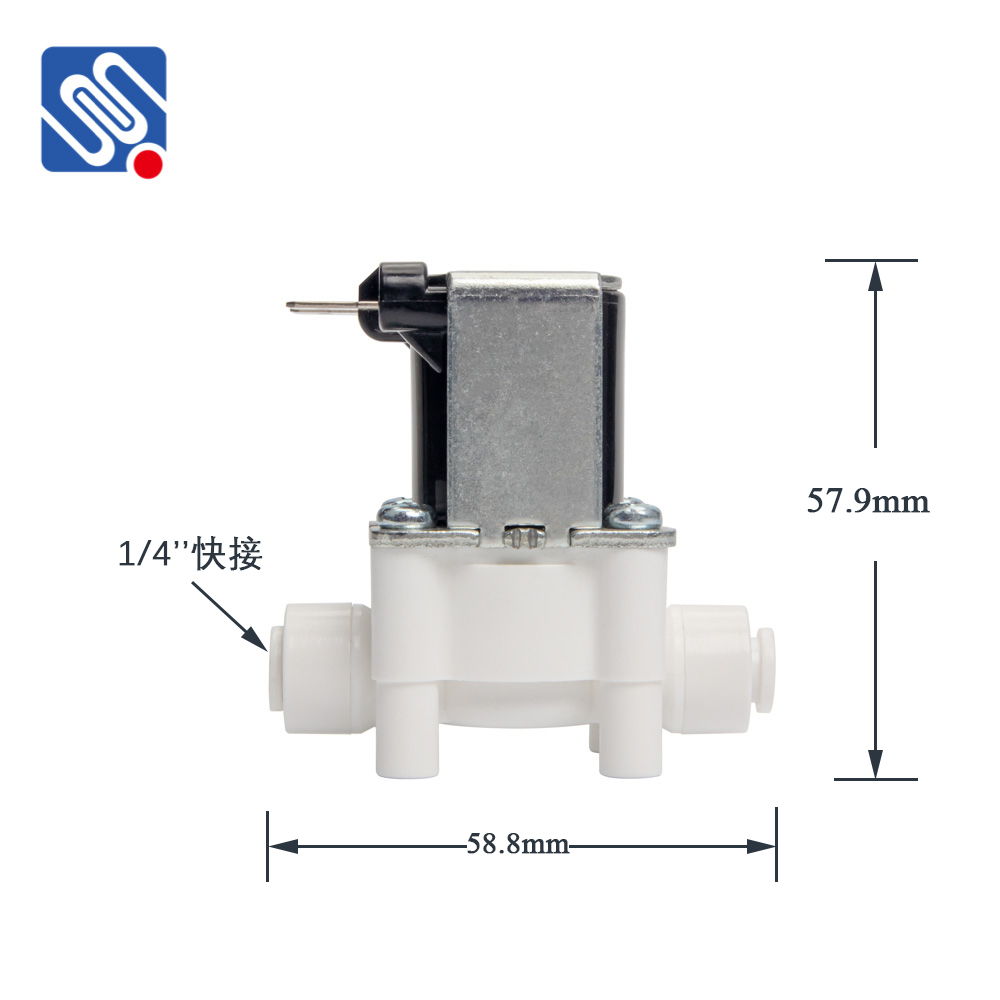In the realm of fluid control systems, the Normally Closed Solenoid Valve plays a pivotal role. This type of valve operates based on electromagnetic principles, providing reliable management of fluid flow in various applications. Understanding how these valves work, their applications, and their benefits can be crucial for engineers, technicians, and anyone interested in automation and fluid control.

What is a Normally Closed Solenoid Valve? A Normally Closed Solenoid Valve is a device that regulates the flow of liquids or gases through a pipe. It remains closed when no voltage is applied to its coil, preventing fluid from passing through. When electricity flows through the coil, it produces a magnetic field that moves a plunger, which opens the valve and allows the fluid to flow. This mechanism ensures that the valve can automatically shut off the flow in the absence of electrical power, making it ideal for safety applications where preventing leaks or spills is critical. Working Principle